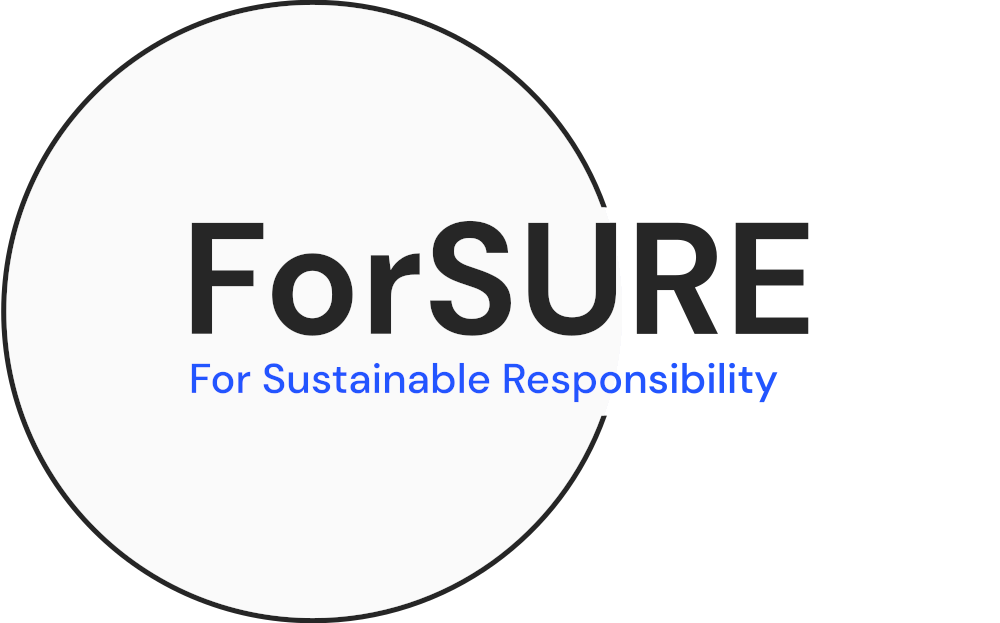Textiles are more than just fabrics; they're the threads that weave the tapestry of our daily lives. From the cotton tees we casually throw on to the intricate synthetic materials that make up our tech gadgets, textiles are omnipresent. But with the rise of EPR Textile initiatives and the increasing importance of Textile Reporting, what truly defines them? Let's dive deep into the world of textiles, from their ancient origins to their futuristic potential.
Weaving the Future: A New Era in Textile
The Environmental Thread
Textiles, while essential, come with an environmental price tag. The production of textiles, especially thirsty crops like cotton, guzzles vast amounts of water. EPR textile initiatives aim to address these challenges, promoting responsible production and waste management. Meanwhile, Textile reporting shines a light on practices, ensuring transparency and accountability in the industry's environmental impact.
Sustainable Textiles
But despair not, for the textile world is undergoing a green revolution. Enter organic cotton, hemp, and recycled fibers - the eco-warriors of the textile realm. Cutting-edge technologies are also joining the fray, with waterless dyeing techniques and biodegradable synthetics leading the charge. And at the heart of this revolution? Ethical production, ensuring that the hands that craft our clothes do so in fair, just conditions.
Unraveling the Threads: Textile Reporting
The New Textile Trendsetters
You, the consumer, are at the helm of the textile transformation. By choosing quality over quantity, supporting sustainable brands, and caring for your clothes, you're setting a trend that's both stylish and sustainable. And with clearer product labels and more recycling facilities, making eco-friendly choices has never been easier.
Circular Fashion
The future of textiles is circular. Instead of the linear 'make, use, dispose' model, envision a loop where textiles are designed for longevity and, eventually, recycling. This isn't just eco-friendly; it's smart economics, turning waste into wealth.
Textiles of Tomorrow
Imagine a world where your shirt changes color with your mood, or where fabrics are grown in labs. This is the future of textiles - a blend of science, art, and sustainability. And as we harness tools like ForSURE for compliance and reporting, businesses are better equipped to weave a greener, more responsible future.
Textiles are more than just materials; they're a reflection of our values, our innovations, and our aspirations. As we stand at the crossroads of tradition and technology, let's choose the path that celebrates both the beauty and responsibility of textiles.

